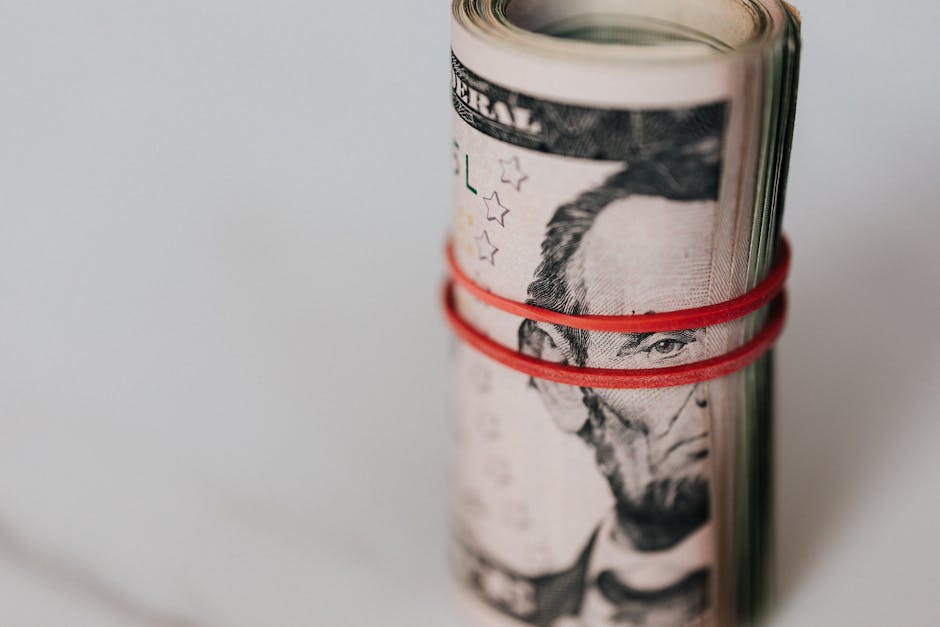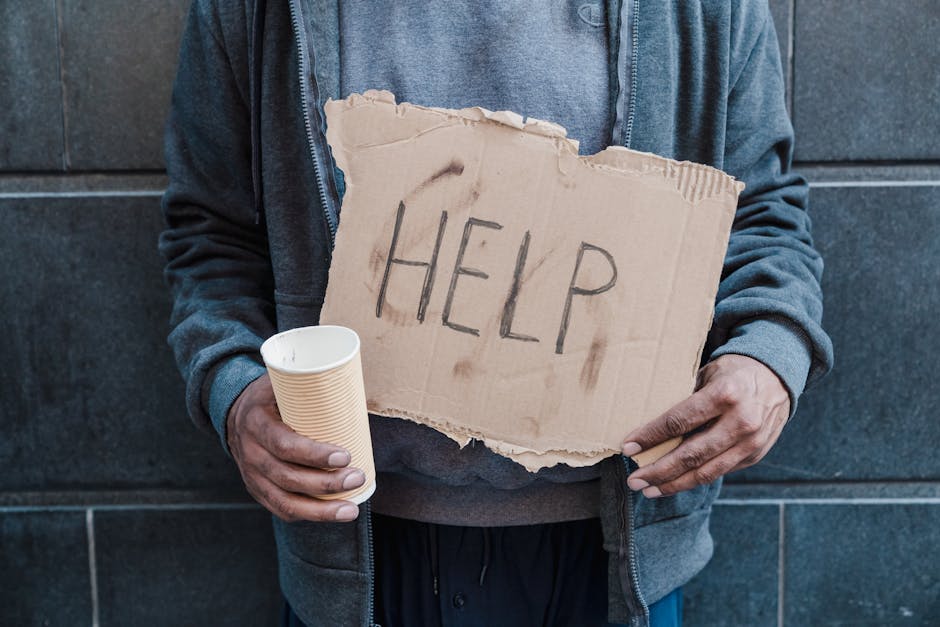From Trump, With Impunity: How a Convicted Felon Defies Accountability
In the tumultuous world of American politics, few figures have commanded as much attention—or controversy—as Donald J. Trump. The former U.S. president, now a convicted felon, continues to dominate headlines, not just for his legal battles but for the seeming impunity with which he operates. Despite facing 34 felony counts in his hush-money trial, Trump’s political influence remains unscathed, even growing stronger among his base. This raises a pressing question: How does Trump defy accountability while flouting norms that would end most political careers?
The Conviction That Changed Nothing
On May 30, 2024, a New York jury found Trump guilty on all counts in a case involving falsified business records to conceal payments to adult film star Stormy Daniels. The verdict was historic—marking the first time a former U.S. president had been convicted of a crime.
Yet, within hours, Trump’s campaign reported $53 million in donations, and his supporters, far from abandoning him, doubled down, framing the trial as a politically motivated “witch hunt.”
This reaction underscores a deeper truth: Trump’s base does not judge him by conventional standards of legality or morality. For them, he is a disruptor, a fighter against a corrupt establishment. This narrative, tirelessly amplified by Trump and his allies, has insulated him from consequences that would cripple any other politician.
Trump’s Playbook of Impunity
Trump’s ability to evade lasting damage stems from three key strategies:
1. Delay, Deny, Deflect
Trump’s legal strategy relies on delaying proceedings—his other three criminal cases (election interference, classified documents, and Georgia’s RICO charges) remain stalled. If re-elected, he could pardon himself or direct the DOJ to drop investigations.
2. The Conservative Media Shield
Outlets like Fox News frame his legal troubles as persecution, reinforcing his supporters’ belief in his innocence. This echo chamber ensures facts rarely penetrate his base.
3. The Cult of Personality
Trump’s followers don’t just support him—they identify with him. Attacks on Trump feel like attacks on them, cementing unwavering loyalty.
A Threat to American Democracy?
Trump’s impunity isn’t just about one man—it’s about eroding institutional trust. When leaders break rules without consequences, it normalizes lawlessness and weakens democracy.
Trump has already promised retribution against political enemies if re-elected, mirroring authoritarian tactics. The 2024 election will test whether voters reward or reject a convicted felon—and whether accountability still matters.
What’s Next for Trump?
With sentencing on July 11, legal experts debate whether he’ll face prison. But even if jailed, his campaign could turn it into a rallying cry. The bigger question: Will America tolerate a leader who operates above the law?
One thing is clear: Trump’s impunity reflects a polarized nation where loyalty outweighs facts. The world watches as the saga continues—from Trump, with impunity.
Should a convicted felon be allowed to run for president? Share your thoughts below.




